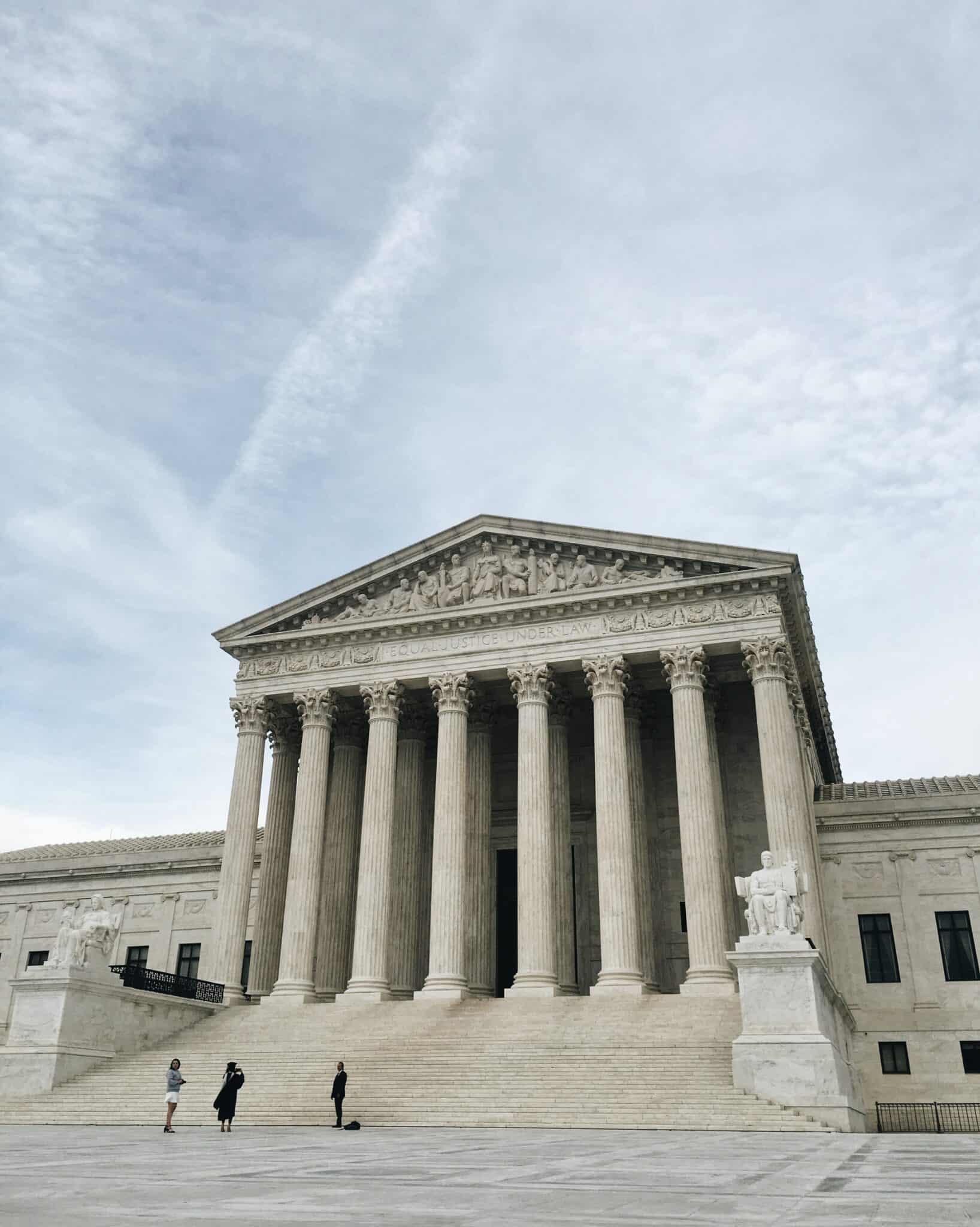Grace Bennett is a student at Harvard Law School and a member of the Labor and Employment Lab.
On March 30, the Supreme Court will hear oral arguments in Viking River Cruises, Inc. v. Moriana. The case focuses on whether California employers can force employees to waive their right to bring claims under the Private Attorney Generals Act, which allows California workers to sue their employers on behalf of the state for employment law violations. If the Supreme Court holds that courts must enforce employers’ attempts to bar PAGA claims, it will strip many workers who sign arbitration agreements of the ability to seek recourse for employment violations.
On March 2, plaintiff Angie Moriana filed a reply brief with the Supreme Court, arguing that the Court should not enforce employers’ efforts to bar employees’ PAGA claims. In her brief, Moriana argues that PAGA claims are not subject to contractual forfeiture because “California law prohibits contractual waivers of statutory protections enacted for public reasons,” and the Federal Arbitration Act does not preempt this.
Moriana notes that the agreement she signed with her employer, Viking River Cruises, did not require that she arbitrate PAGA claims, but rather included a waiver of PAGA claims altogether, in any forum. She argues that nothing in the FAA’s text requires that courts enforce such comprehensive waivers of particular claims. The FAA is focused on “agreements to settle a controversy by arbitration,” not “agreements to strip contracting parties of the right to pursue state public-policy claims in all forums.” Furthermore, Moriana notes that under the FAA’s “savings clause,” state laws that apply “generally applicable, nondiscriminatory ground[s] for revocation of any contract” do not conflict with the statute. The anti-waiver rule, argues Moriana, fits the bill: no California contract can lawfully waive public-policy rights like PAGA claims.
Moriana further argues that the FAA does not impliedly preempt California’s anti-waiver rule. She admits that the Court has previously found that state laws — like those barring class action waivers — which require procedures incompatible with arbitration’s allegedly informal and expedited process directly conflict with the FAA. PAGA actions, however, do not raise this issue. Unlike class or collective actions, “PAGA actions are bilateral proceedings where a single plaintiff asserts a claim as the State’s representative.” Thus, if arbitrated, a PAGA claim would proceed “under the same streamlined, cost-effective rules applicable to any other bilateral arbitration.”
Nonetheless, Moriana urges the Court not to consider whether an agreement requiring the arbitration of any PAGA claims would be enforceable. Since Viking required that Moriana waive all right to PAGA claims, she argues this question is not presented here. She does suggest, however, that attempts to force PAGA claims into arbitration would also be deficient. PAGA claims are brought on behalf of California, and thus, they “belong” to the state, rather than the individual deputized to bring an action. As a result, where the state “did not consent to waive its statutory right,” an individual employee has no right to do so. After all, “the FAA does not authorize enforcement of arbitration agreements against parties not bound by them.”
Finally, Moriana distinguishes representative actions from class and collective actions: “PAGA claims for civil penalties and class claims for compensatory and injunctive relief seek entirely different remedies on behalf of different real parties in interest.” In contrast to class and collective actions, if the FAA requires the enforcement of waivers of all representative actions, then employers could “immunize themselves from state and federal qui tam actions, ERISA claims brought on behalf of benefit plans, shareholder derivative claims brought on behalf of corporations, and claims by trustees or beneficiaries on behalf of trusts.”
Supplementing Moriana’s arguments before the Court are a number of friend–of–the–court briefs, including one filed by the state of California. In its brief, the state reiterates many of Moriana’s arguments, maintaining that the FAA does not preempt California’s anti-waiver rule. Like Moriana, California asserts that the FAA says nothing about waivers of the right to pursue public-policy claims in any forum.
The bulk of the state’s brief, however, is focused on describing the purposes and power of PAGA as a statute. PAGA, argues the state, is “an integral part of the State’s Labor Code enforcement scheme.” The Act not only plays a “particularly important role in ensuring the fair and legal treatment of some of the State’s most vulnerable workers,” but it “protect[s] employers who comply with the law from those who attempt to gain a competitive advantage.”
The brief additionally describes PAGA’s origins, noting that the Act was not born of any hostility to arbitration, but rather was intended to “address widespread violations of the State’s Labor Code and a serious shortage of state resources for enforcement.” By deputizing individuals to act as private attorneys general, the Act “helps uncover violations that otherwise are unlikely to come to light,” and “augment[s] the State’s limited enforcement resources.” Moreover, California notes, because the Act mandates that civil penalties be split between employees and the state, PAGA generates substantial revenue that helps fund the state’s “oversight, education, and enforcement work.”
Finally, the state emphasizes the consequences of a ruling in Viking’s favor. A holding that statutes like PAGA are preempted by the FAA not only would be “legally incorrect,” but also would “substantially interfere with the State’s traditional authority to regulate the conduct of business entities and adopt effective enforcement strategies in order to protect the health and welfare of its workers.”










Daily News & Commentary
Start your day with our roundup of the latest labor developments. See all
January 7
Wilcox requests en banc review at DC Circuit; 9th Circuit rules that ministry can consider sexual orientation in hiring decisions
January 5
Minor league hockey players strike and win new deal; Hochul endorses no tax on tips; Trump administration drops appeal concerning layoffs.
December 22
Worker-friendly legislation enacted in New York; UW Professor wins free speech case; Trucking company ordered to pay $23 million to Teamsters.
December 21
Argentine unions march against labor law reform; WNBA players vote to authorize a strike; and the NLRB prepares to clear its backlog.
December 19
Labor law professors file an amici curiae and the NLRB regains quorum.
December 18
New Jersey adopts disparate impact rules; Teamsters oppose railroad merger; court pauses more shutdown layoffs.